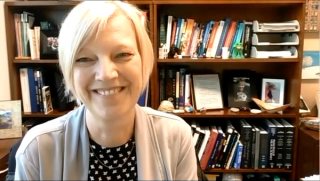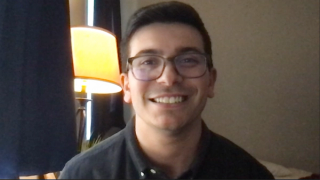
Neuromuscular
Latest News
Latest Videos

CME Content
More News

Joe Kardine, MS, OTR, CBIS, the clinical program manager at the Jefferson Center for Neurorestoration, discussed the influx of new neurorestorative technology and the future of treating patients with functional loss.

The division chief of stroke and vascular neurology at Duke Health provided insight on the nuances of poststroke neuromuscular symptoms and how they differ from other typically managed impairments. [WATCH TIME: 5 minutes]
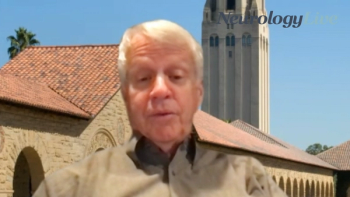
The Zimmermann Professor of Neurology and Neurological Sciences and Pediatrics at Stanford University discusses Amylyx’s therapy that was recently approved by the FDA, and what it means for the ALS community and the global healthcare industry. [WATCH TIME: 5 minutes]

Here's some of what is coming soon to NeurologyLive® this week.

Enrollment for the phase 1/2 study will be partially stopped; however, all participants included in the trial, whether on AOC 1001 or placebo, are eligible to continue their current dosing regimen.
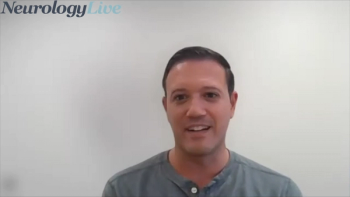
The clinical program manager at the Jefferson Center for Neurorestoration provided commentary on the state of neurorestoration and constant transformation of the space. [WATCH TIME: 3 minutes]

Test your neurology knowledge with NeurologyLive®'s weekly quiz series, featuring questions on a variety of clinical and historical neurology topics. This week's topic is insomnia.
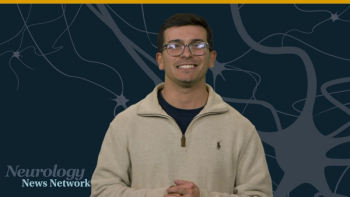
Neurology News Network for the week ending October 8, 2022. [WATCH TIME: 3 minutes]

Take 5 minutes to catch up on NeurologyLive®'s highlights from the week ending October 7, 2022.
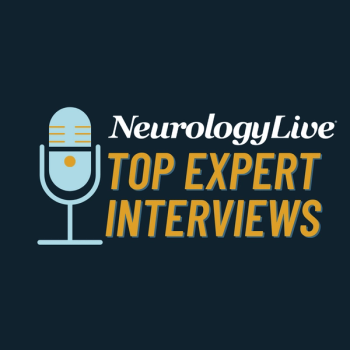
Expert clinicians offer their perspectives on developmental milestones for children, the NMSOD patient perspective, effective treatments for insomnia, ALS, diabetic and inflammatory neuropathies, and lecanemab in early Alzheimer disease.

Nicholas Silvestri, MD, clinical professor at the University at Buffalo discussed topics related to the expansion of treatments for myasthenia gravis and the positive outlook of managing the disease.

The clinical program manager at the Jefferson Center for Neurorestoration discussed a new approach to restoring arm function using a powered arm brace and muscle stimulation system.

Catch up on any of the neurology news headlines you may have missed over the course of the last month, compiled all into one place by the NeurologyLive® team.
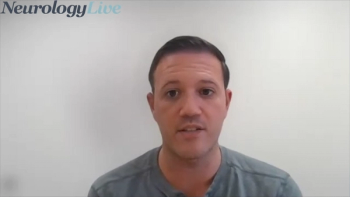
The clinical program manager at the Jefferson Center for Neurorestoration discussed certain scenarios in which the NuroSleeve system may not be applicable for patients with neurological disorders. [WATCH TIME: 3 minutes]

Despite not meeting its primary and secondary end points, CNM-Au8 will continue to be evaluated in an open-label extension in HEALEY ALS and could potentially be offered in an expanded access protocol program.
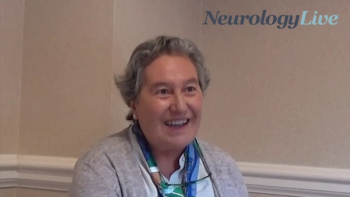
The professor of Neurology and Pediatrics at University of Rochester Medical Center discusses the progression of new treatment for Duchenne muscular dystrophy and provides suggestions for moving forward with research in the field. [WATCH TIME: 5 minutes]

Here's some of what is coming soon to NeurologyLive® this week.

Designed to treat the underlying cause of FSHD, AOC 1020 will be evaluated on safety, tolerability, pharmacokinetics, and pharmacodynamics in a cohort of 68 adults with the disease.
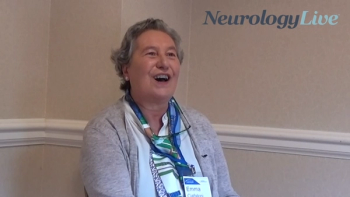
The professor of neurology and pediatrics at University of Rochester Medical Center gives some recommendations for the improvement in clinical trial design for patients with rare diseases such as Duchenne muscular dystrophy. [WATCH TIME: 5 minutes]

Test your neurology knowledge with NeurologyLive®'s weekly quiz series, featuring questions on a variety of clinical and historical neurology topics. This week's topic is general neurology, related to the recent 4th Annual International Congress on the Future of Neurology®.

RESCUE-ALS trial, a phase 2 randomized controlled study, showed that ALS disease progression was significantly reduced with CNM-Au8 Treatment.

Justin Klee and Josh Cohen, cofounders and cochief operating officers, Amylyx Pharmaceuticals, answered questions related to the new approval of AMX0035 for ALS and how it changes the treatment landscape going forward.
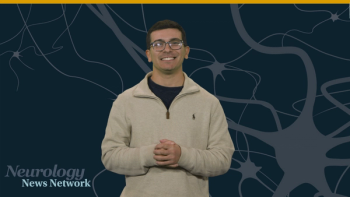
Neurology News Network for the week ending October 1, 2022. [WATCH TIME: 4 minutes]

Take 5 minutes to catch up on NeurologyLive®'s highlights from the week ending September 23, 2022.

A questionnaire-based study from Saudi Arabia on sleep quality revealed that sleep-related disorders, such as obstructive sleep apnea, are relatively common in patients with Duchenne muscular dystrophy.





